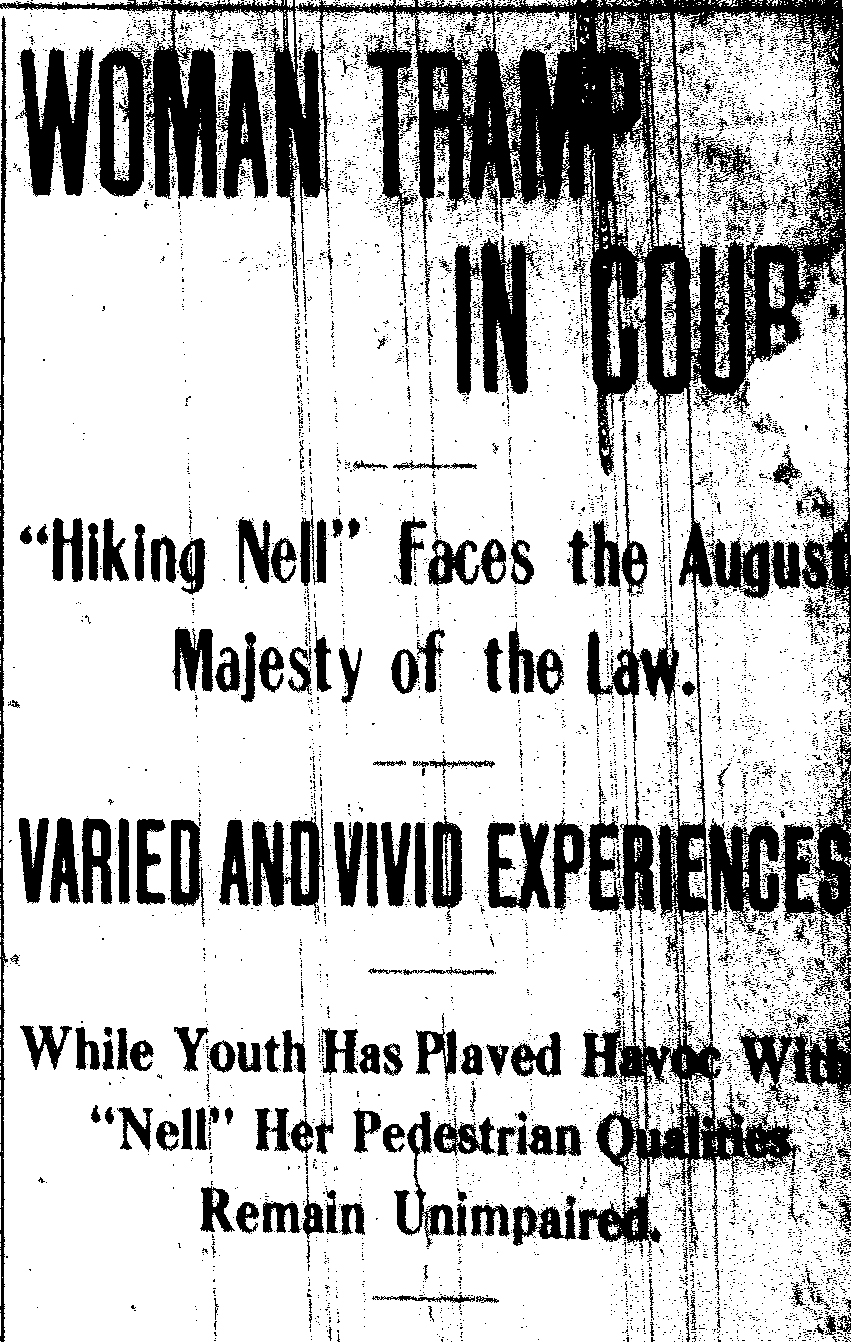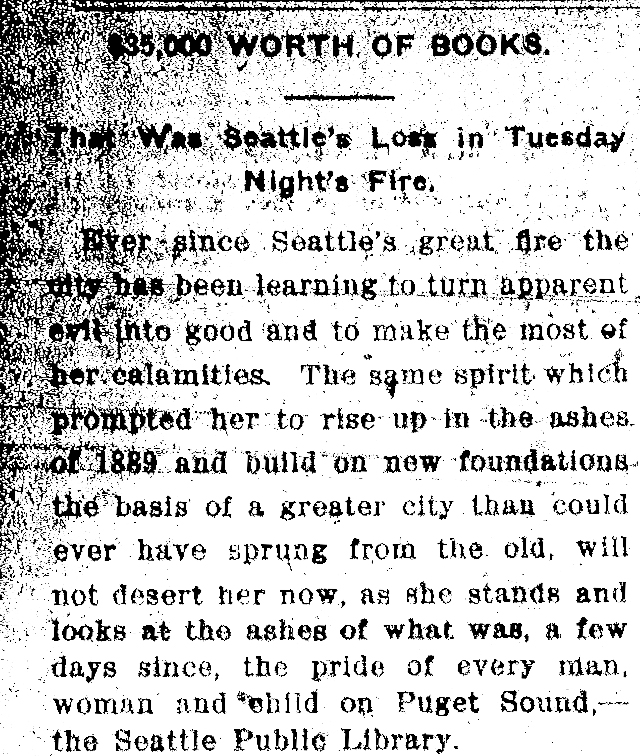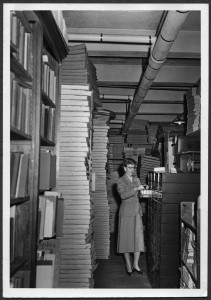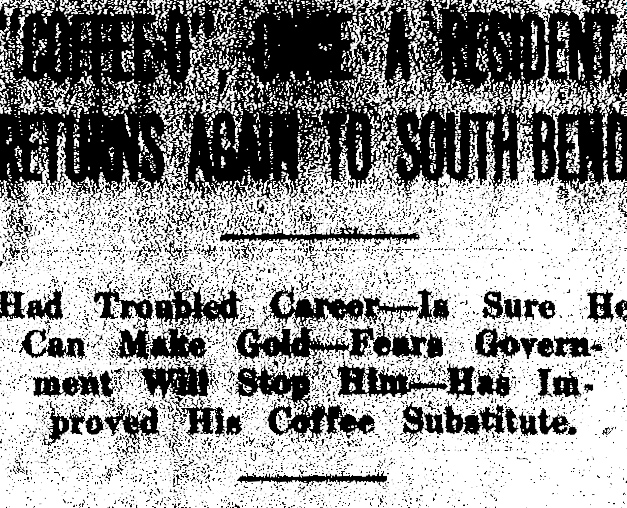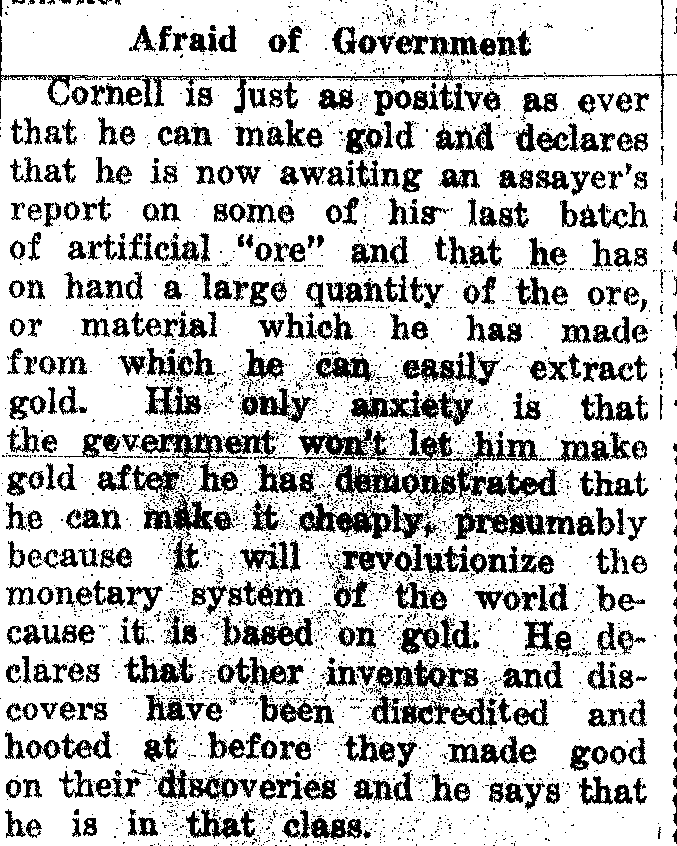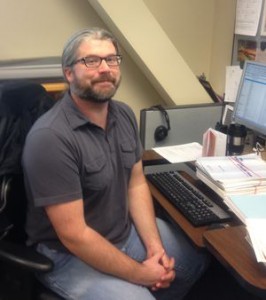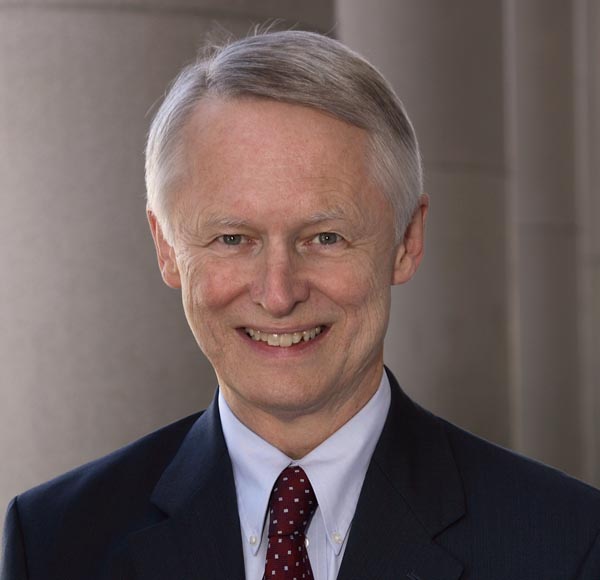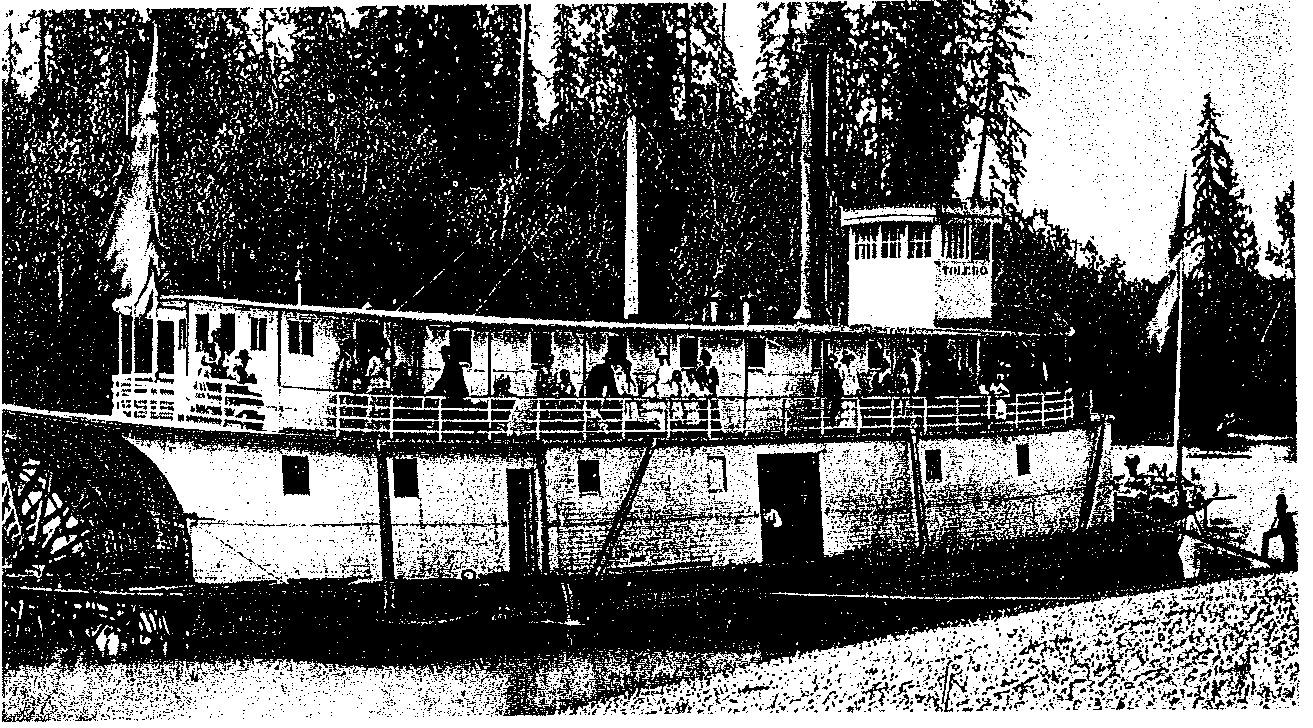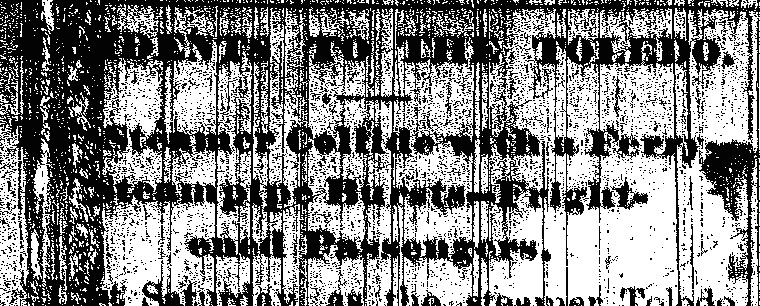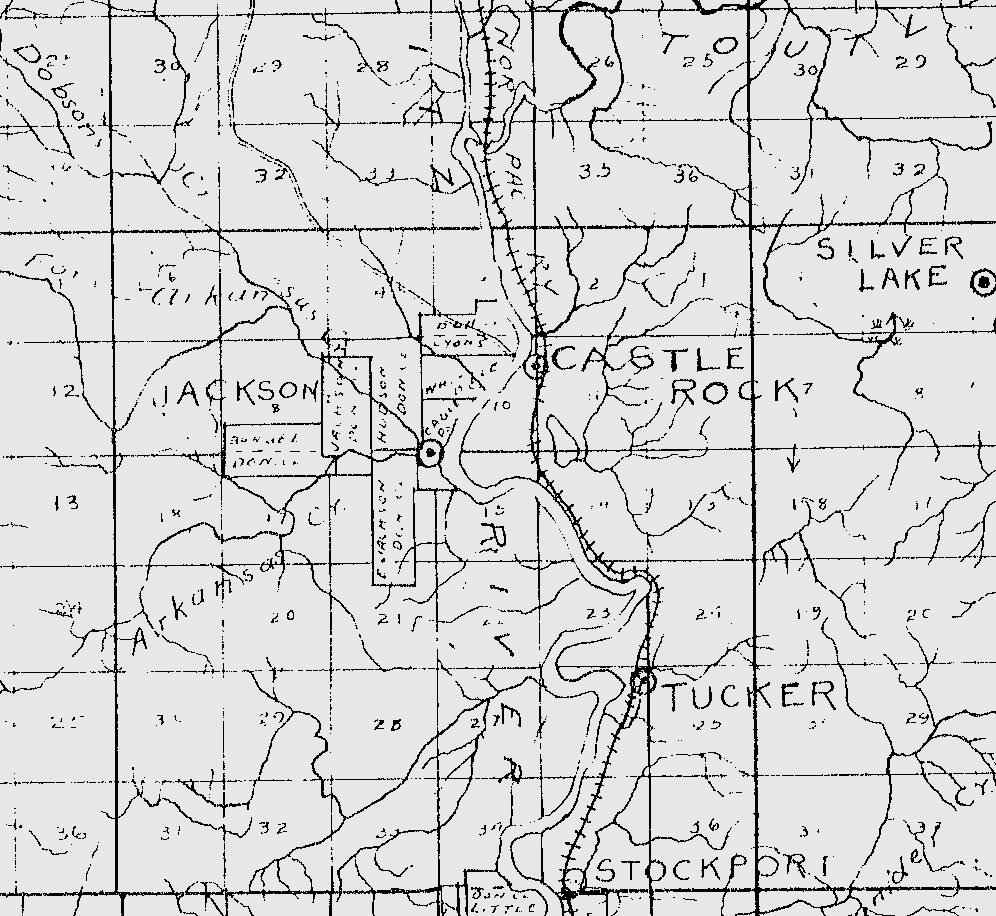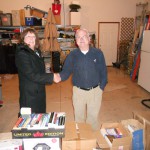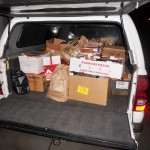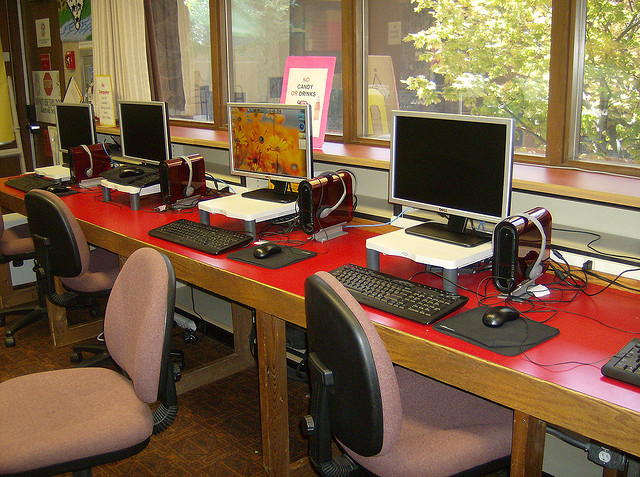Discover free and inexpensive trainings available online and around the state; compiled by Jennifer Fenton, CE/Training Coordinator, Washington State Library
Featured Free Trainings:
Registration information for the below trainings and webinars is available at: http://www.sos.wa.gov/library/libraries/training/trainingCalendar.aspx
Washington State Library is pleased to offer the following FREE online training in February:
First Tuesdays: Building Library Support Within Your Business Community
February 5, 9:00-10:00 a.m. PT
The Spokane Public Library is receiving 5-10 reference referrals per day from the greater Spokane business community, and it is increasing. Come find out what efforts led to this surge of library usage by the local business community and how you might replicate it in yours. Participants will learn how to engage with their local business community, develop a sense of what works well to draw them in, and discuss strategies to put the gears into motion! Presented by Mark Pond, Spokane Public Library.
Commencing an Action in Superior Court: WSL Webinar
February 25, 10:00-11:30 a.m. PT
Can you sue? Should you sue? How do you file a lawsuit? Learn the basics for filing a lawsuit in Superior Court, including alternatives to filing a lawsuit, along with how to format your pleadings and resources to help you fill out your complaint. Presented by Stina McClintock, Public Law Library of King County. To log-in for this Elluminate session, please make sure pop ups are enabled and Java updated. Then, use this URL the day of the class to log-in. https://sas.elluminate.com/m.jnlp?sid=2008170&password=M.CDF538AEB120639EDF0169D3F63E19
For these and many more free and low-cost trainings, visit the Washington State Library Training calendar which is constantly being updated, so check back frequently.
Other vendors:
Basic PC Troubleshooting: TechSoup
February 12, 11:00am-12:00pm PT
Does your library or organization provide computers for the public? Would you like to know more about basic troubleshooting on a Windows PC so you can minimize downtime? This introductory level webinar will introduce you to tips and techniques that will help you understand how to fix common problems. The presenter for the session is Joe Olayvar, who is a Technology Consultant for the Washington State Library.
WebJunction Washington Courses (must be logged into WJ WA to view courses):
WebJunction has launched the new site; here is some information to help you understand the new WebJunction Washington. There are now two sites, the portal page which does not require a log-in and the course catalog which requires affiliation with Washington to access free courses. Courses are unlimited.
New portal website: http://www.webjunction.org/partners/washington.html
FREE COURSES: New Learning Management System for courses:
- New members: https://www.webjunction.org/find-training/request-access/
- Existing WJ WA members: To sign in, go https://oclc.plateau.com/plateau/user/login.jsp User ID: USERID; Password: WebJunction
Video introduction to WJ Courses: http://blip.tv/webjunction/introduction-to-the-webjunction-lms-6034159
Early registration for the March WebJunction webinar is now open:
Signature Events for Small Libraries
Tuesday, March 19, 2013 ♦ 11 am Pacific ♦ 60 min
Early Registration: http://www.webjunction.org/events/webjunction/Signature_Events_for_Small_Libraries.html
From “chocolate in the stacks” tastings to 5K runs to off-site literary dinner parties, small libraries are getting
creative in offering signature events that raise funds and create friends. This webinar will be a “show and tell” of library
fundraisers, with quick tips on how to get started in your community.
This webinar, hosted by WebJunction in collaboration with the Association for Rural and Small Libraries, is an encore
presentation of one of the most highly-rated sessions at the ARSL conference.
Presented by: Cassie Guthrie, Executive Director, Pioneer Library System (NY)
For many more free and low-cost trainings, visit the Washington State Library Training calendar which is constantly being updated, so check back frequently.
For more information on these and many more CE events, continue reading..
Training Opportunities in February 2013
For full information, please click on the link or visit http://www.sos.wa.gov/library/libraries/training/trainingCalendar.aspx
*Please note that all times are listed in PT on this list, some webinar registrations will reflect other time zones
2/1/2013: UX Design for Digital Books: Creating Engaging Digital Reading Experiences
2/1/2013: Take a tour of the new Microsoft Office
2/1/2013: Seven Futures of American Education: Improving Teaching and Learning in a Screen Captured World
2/5/2013: First Tuesdays
2/5/2013: Jump Start Your Grant Seeking
2/5/2013: Managing Difficult Volunteer Transitions
2/5/2013: Grantseeking Basics
2/5/2013: Streamlining Nonprofit Organizations: It’s All About the Cloud
2/6/2013: Digital Preservation, Part 1: Inventory and Selection
2/6/2013: Collaboration: What Works and Why
2/6/2013: Trustee Orientation
2/6/2013: Adding Social Media to Your Marketing Plan
2/6/2013: An Introduction to the LSSC Program
2/7/2013: How To Add Subtitles to ANY Video Using Universal Subtitles
2/7/2013: Self-Directed Achievement: if you give library staff an hour
2/7/2013: eGathering 2012: LYRASIS Annual Member Meeting
2/7/2013: Social Media and Volunteer Engagement
2/7/2013: Trustee Orientation
2/11/2013: Preparing a Portfolio for the LSSC (Library Support Staff Certification) Program
2/12/2013: Digitization 101
2/12/2013: Basic PC Troubleshooting
2/12/2013: What Executive Directors Desperately Need to Know About Fundraising
2/12/2013: Introduction to Finding Funders
2/13/2013: Seed Saving for Libraries
2/13/2013: Managing for People Who Hate Managing
2/13/2013: Engaging Audiences with Data Visualization
2/13/2013: How Libraries can meet the Evolving Needs of Patrons in the Digital Age
2/13/2013: Building a Research Commons in a University Library
2/13/2013: Crisis Communications for Nonprofits
2/13/2013: What Your Tech Wants You to Know
2/13/2013: Designing Interactive Library Spaces
2/13/2013: Common Core Tools for Educators: Resources for Classroom Research Projects
2/14/2013: American Libraries Live
2/14/2013: Are We Reconfigured Yet? US Research Libraries – Priorities, Trends, Directions
2/14/2013: Where Do I Go From Here? Evolving your Volunteer Program for More Involvement
2/14/2013: Are Books Your Brand? How Libraries Can Stay Relevant to Readers
2/19/2013: YA Announcements: Spring Sneak Peek
2/19/2013: The Game is Afoot: Spring Mystery Announcements
2/20/2013: Digital Preservation, Part 1: Inventory and Selection
2/20/2013: Realize Your Mission: How to Use Employee Engagement to Reach Your Goals
2/20/2013: How To Create A Newsletter That Donors Read and Respond To
2/20/2013: Proposal Writing Basics
2/25/2013: Commencing an Action in Superior Court
2/26/2013: Digital Preservation for the Rest of Us: What’s in it for Librarians and Library Users
2/26/2013: Frankenbooks – Understanding the eBook Opportunity
2/26/2013: The Next Major Challenge in Records Managment is Already Here: Social Media [MARA Guest Lecture]
2/27/2013: The Future of Online Learning: a changing landscape
2/27/2013: Social Change Anytime Everywhere: Best Practices to Build a Multichannel Campaign Plan
2/28/2013: Big Talk From Small Libraries 2013
**Please note that times and topics are subject to change and WSL is not responsible for non-WSL events. Please verify time and topic when registering. Also, new webinars are added to the training calendar throughout the month as time allows, so please check back. This is only a partial list of free CE Events available online.
Archived presentations:
Don’t have time to catch these courses live? Many are available later as an archived presentation. To view archives, visit the following sites:
Infopeople
Common Knowledge
School Library Journal
Booklist
TechSoup
Library Journal
SirsiDynix Institute
WebJunction
NCompass Live
Texas State Library
American Management Association
Carterette Series Webinars: Georgia Library Association
* WSL provides information about outside training events for your convenience only; please contact the event sponsor for the most up-to-date information and all questions about the event.






